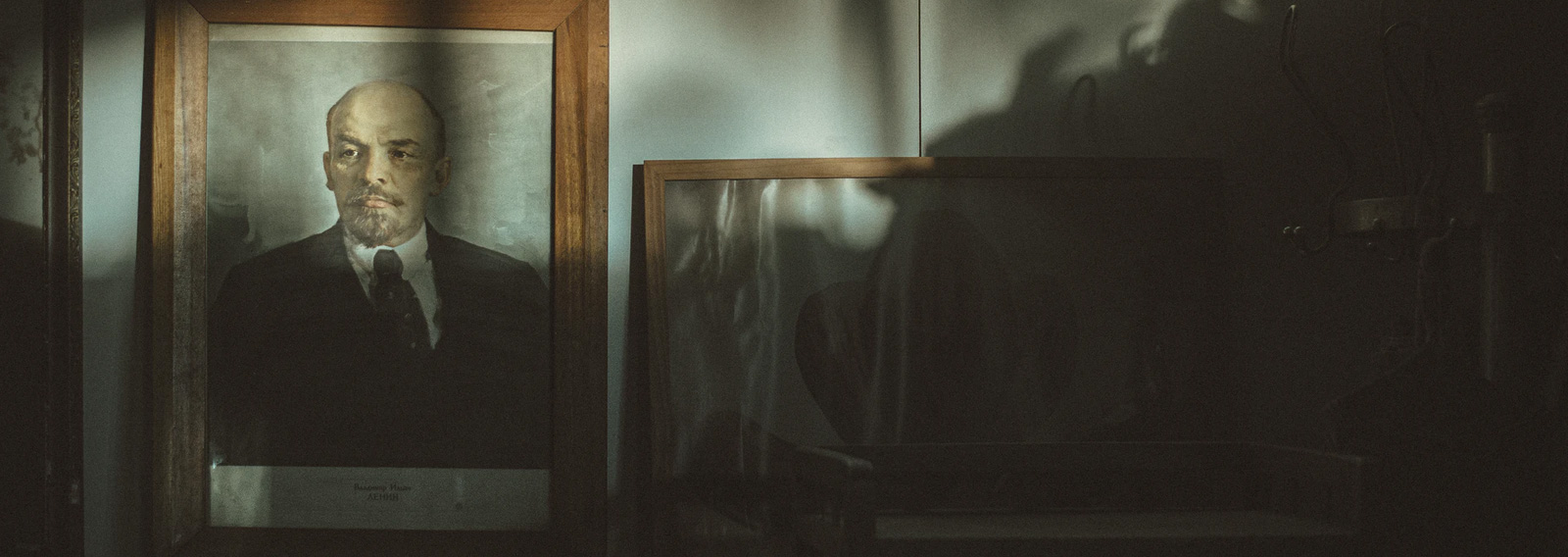Last week, a Chinese citizen journalist was sentenced to four years in jail. Her crime: reporting on the coronavirus outbreak that began in her city of Wuhan.
Zhang Zhan insists that her reporting was based on first-hand accounts from locals. But because she scrutinised her government’s response to the virus and provided a more sombre narrative than theirs, she was arrested on charges of “picking quarrels and provoking trouble”—and then sentenced to jail for “disseminating false information”.
As Westerners, it’s easy to read news like this and let sympathy give way to apathy: these events took place in another country, we reason, under a foreign regime, in a land faraway.
But what just happened in China has eery parallels in the West. During 2020—like no other year I can recall—Western journalism traded its proud tradition of open inquiry for censorship and suppression.
If you think I’m exaggerating, you must have missed the stories I’m about to tell you.
To be sure, journalists are not being criminalised in the West—yet. But in the year just ended, reputations were trashed, bombshell stories were buried, and careers were snuffed out as newsrooms—with the eager support of big tech—abandoned truth for ideology and suffered no dissent.
Check out Kurt Mahlburg’s new book Cross and Culture: Can Jesus Save the West?
Rolling Stone editor Matt Taibbi is one of many who felt the force of this. In April of 2020, he made the decision to quit mainstream journalism and write full-time on Substack, a platform that lets journalists reach readers directly through subscription.
Taibbi insists that he quit Rolling Stone on good terms. But he leaves little to the imagination as he describes the claustrophobic climate of today’s corporate newsrooms:
It feels liberating to say after years of tiptoeing around the fact, but the American left has lost its mind. It’s become a cowardly mob of upper-class social media addicts… who move from discipline to discipline torching reputations and jobs with breathtaking casualness.
The leaders of this new movement are replacing traditional liberal beliefs about tolerance, free inquiry, and even racial harmony with ideas so toxic and unattractive that they eschew debate, moving straight to shaming, threats, and intimidation.
Keep in mind that Taibbi is no reactionary right-winger: he’s been a liberal icon for decades. In a lengthy piece entitled The American Press Is Destroying Itself, Taibbi catalogues a long list of prominent journos gagged or expelled by the legacy media in 2020. Like him, almost all of them were progressives—and working at well-known outlets like the New York Times, The Intercept, Vox, the Philadelphia Inquirer and Variety.
The most high-profile case he recounts is that of James Bennet, an editor at the New York Times. Bennet had given the green light to an op-ed by a Republican Senator that argued for military intervention in America’s spiralling riots.
After facing backlash for the article, the Times inserted a lengthy apology above its online version that read, “we have concluded that [this] essay fell short of our standards and should not have been published.”
Many had previously hailed Bennet as a rising star and a possible candidate for the paper’s top job. But within days Bennet had quit. A publisher from the Times explained that “James would not be able to lead the team through the next leg of change that is required.”
Taibbi penned his exposé on American journalism in mid-June. Because of this, some of the darkest events of 2020 were yet to take place. Consider some of the events that followed.
A month after the Bennet scandal, another New York Times editor resigned. Bari Weiss published her resignation letter directly to her personal website. In it, she pulled no punches:
A new consensus has emerged in the press, but perhaps especially at this paper: that truth isn’t a process of collective discovery, but an orthodoxy already known to an enlightened few whose job is to inform everyone else.
Stories are chosen and told in a way to satisfy the narrowest of audiences, rather than to allow a curious public to read about the world and then draw their own conclusions.
My own forays into Wrongthink have made me the subject of constant bullying by colleagues who disagree with my views. They have called me a Nazi and a racist.
Just days after this, Andrew Sullivan—one of the most compelling journalists of his generation—quit the New Yorker magazine. He too penned an online tell-all, explaining:
A critical mass of the staff and management at New York Magazine and Vox Media no longer want to associate with me… They seem to believe, and this is increasingly the orthodoxy in mainstream media, that any writer not actively committed to critical theory in questions of race, gender, sexual orientation, and gender identity is actively, physically harming co-workers merely by existing in the same virtual space.
Then it was Glenn Greenwald’s turn. Greenwald is a fearless investigative journalist who has won a Pulitzer Prize for his work. In 2014 he co-founded The Intercept, but he increasingly encountered censorship from his own outlet’s editors. In October 2020, he resigned and blew the whistle:
The Intercept’s editors, in violation of my contractual right of editorial freedom, censored an article I wrote this week, refusing to publish it unless I remove all sections critical of Democratic presidential candidate Joe Biden…
The brute censorship this week of my article about the Hunter Biden materials and Joe Biden’s conduct regarding Ukraine and China, as well my critique of the media’s… deeply unholy union with Silicon Valley and the ‘intelligence community’… eroded the last justification I could cling to for staying.
(I agree entirely with Greenwald on the suppression of the Joe Biden story. In fact, I believe this to be just one chapter in the greatest scandal in American history).
These trends did not just affect journalism in 2020, but were part of a tectonic shift felt in the world of letters more broadly.
Check out Kurt Mahlburg’s new book Cross and Culture: Can Jesus Save the West?
J.K. Rowling of Harry Potter fame is an author who needs no introduction. A proud liberal and feminist, Rowling began to softly push back last year on trans orthodoxy. Specifically, she expressed concerns for gender-confused children who were so swiftly being given drugs and surgery. She also found the transgender movement’s caricaturing of women distasteful.
Predictably, Rowling was bullied and “cancelled” for speaking out. In response, she published a deeply personal piece on her website. She described activists “who clearly believe themselves to be good, kind and progressive people” and who “swarmed back into my timeline, assuming a right to police my speech, accuse me of hatred [and] call me misogynistic slurs.”
Soon after, Rowling joined 160 journalists and academics (almost all of whom were left-wing) in signing A Letter on Justice and Open Debate published in Harper’s Magazine. The open letter painted a dire picture of the developments of 2020:
Editors are fired for running controversial pieces; books are withdrawn for alleged inauthenticity; journalists are barred from writing on certain topics; professors are investigated for quoting works of literature in class; a researcher is fired for circulating a peer-reviewed academic study…
The signatories offered their solution:
The way to defeat bad ideas is by exposure, argument, and persuasion, not by trying to silence or wish them away… As writers we need a culture that leaves us room for experimentation, risk taking, and even mistakes. We need to preserve the possibility of good-faith disagreement without dire professional consequences.
Will their please be heard? Or will the West continue down this path of cancel culture and censorship?
What began decades ago as “political correctness” slowly morphed into identity politics. By 2020, phrases like “woke totalitarianism” and neo-Marxism came to better describe the revolution gaining pace around us. As yet, it shows few signs of slowing down.
If you’re not speaking out yet on these issues, you may want to before your voice is censored too.
This article first appeared at the Canberra Declaration.



















